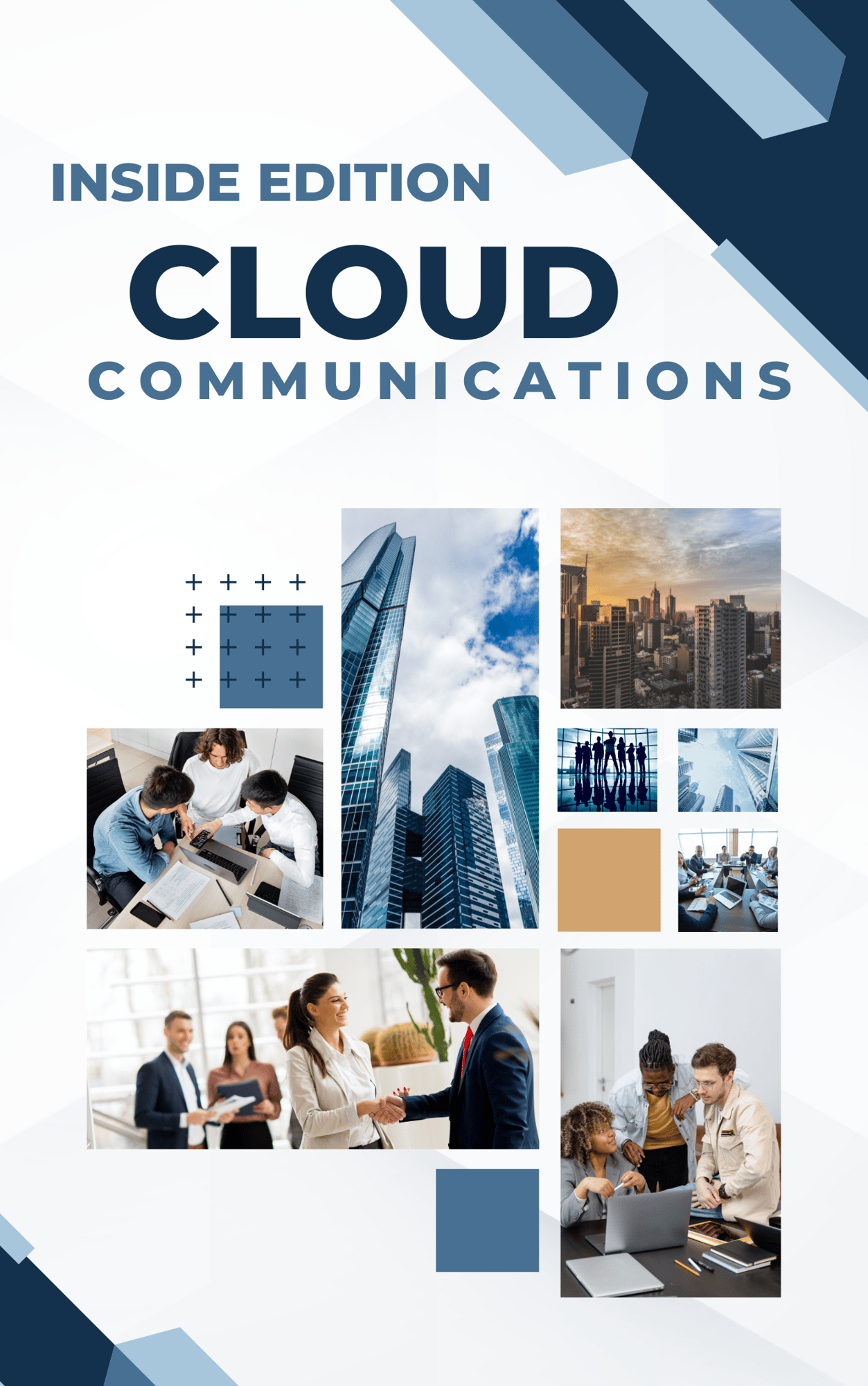Accelerating AI Adoption in the Workplace: Trends and Insights
The pace of technological change is accelerating, and AI is leading the charge. With the rapid rise of artificial intelligence, companies are increasingly turning to AI-powered solutions to stay competitive. Software providers like Microsoft are quickly embedding AI into their tools, reshaping how businesses operate and innovate. The goal? To leverage AI for:
- Streamlining workflows,
- Automating tasks,
- Reducing human error, and
- Boosting productivity.
The 2024 Work Trend Index, a report by Microsoft and LinkedIn, sheds light on how AI is transforming the workplace. It offers valuable insights into the current state of AI adoption, along with strategies for companies looking to harness its potential.
As a trusted small business IT provider, staying on top of these trends is crucial. Understanding how AI is impacting the workplace helps us guide our clients through this transformation, ensuring they can use AI in tandem with their UCaaS solutions to drive growth and efficiency. In this article, we explore key findings from the report and discuss how they might affect your organization.
Employees Expect AI at Work
Is your company keeping up with the AI revolution? According to the report, 75% of knowledge workers are already using AI in their jobs. Employees understand that AI can accelerate certain tasks, and they expect their employers to provide these tools to stay competitive.
However, some companies are still slow to adopt AI, which can put them at a disadvantage when it comes to attracting and retaining talent. AI adoption requires a thoughtful strategy. It’s not just about integrating new technology—it’s about aligning it with the needs of employees and the business. A successful AI strategy starts by engaging your team and understanding how AI can best support their work.
The Growing Demand for AI Skills
AI expertise is quickly becoming one of the most sought-after skills in the job market. Roles like "prompt engineers"—a position that barely existed just a few years ago—are now in high demand. The 2024 Work Trend Index reports that, rather than fearing job loss due to AI, companies are more concerned about finding employees who can effectively use AI to improve performance.
In fact, 55% of business leaders worry about their ability to recruit talent with the right AI skills. This means that companies should invest in upskilling their workforce. Offering AI training and encouraging employees to improve their skills with AI tools will help future-proof your business and empower your team to work smarter.
Employees’ Evolving Roles with AI
The report also highlights a growing divide in how employees are using AI. Some employees are still hesitant or only use AI sparingly, while others—referred to as "AI power users"—are deeply integrated with AI tools in their daily work.
AI power users are saving valuable time—often 30 minutes or more a day—by automating tasks and optimizing workflows. Some common areas where AI is making an impact include:
- Automating repetitive processes
- Analyzing and reporting on data
- Enhancing customer support
- Drafting documents and policies
Supporting and empowering AI power users within your organization can benefit everyone. These employees can help train others and create workflows or templates that others can follow to increase efficiency across the team.
The Importance of an AI Strategy
While the potential of AI is undeniable, many companies struggle to implement AI solutions effectively. Without a clear strategy, AI adoption can quickly become chaotic. One of the challenges companies face is balancing the pressure to show a return on investment with the urgency to adopt AI before they fall behind. As a result, some employees may begin using unapproved AI tools or implementing AI in ways that don't align with company goals.
This underscores the need for a clear AI usage policy, which you can draft using an AI tool like ChatGPT. Companies need guidelines in place to ensure that AI tools are used securely, responsibly, and effectively. Establishing an AI policy can help mitigate risks, streamline adoption, and ensure that AI is implemented in a way that aligns with business goals.
Ethical Considerations and Trust in AI
As AI becomes more prevalent in the workplace, addressing its ethical implications is crucial. The Work Trend Index highlights three key ethical considerations when deploying AI:
- Transparency: Clearly communicate how AI tools are being used
- Privacy: Safeguard sensitive data when using AI systems
- Bias mitigation: Ensure that AI models are fair and free from bias
Building trust in AI is essential for its successful adoption. Businesses must prioritize transparency, privacy, and fairness in their AI initiatives to foster a positive and ethical AI culture within their organizations.
Final Thoughts on AI in the Workplace
The 2024 Work Trend Index offers a comprehensive overview of how AI is transforming work. By understanding these trends and integrating AI thoughtfully, businesses can unlock new opportunities, improve productivity, and enhance employee satisfaction.
Need Help Navigating AI Adoption?
Prime Telecommunications Inc. can help you unlock the full potential of AI. Whether you're just starting to explore AI or looking to optimize your existing solutions, our team can guide you through the complexities of AI adoption within a UCaaS environment. Let us help you develop a strategy that drives growth and innovation in your business.
Contact us today to learn how we can support your AI journey.

Dec 4, 2024 2:00:00 PM





Comments